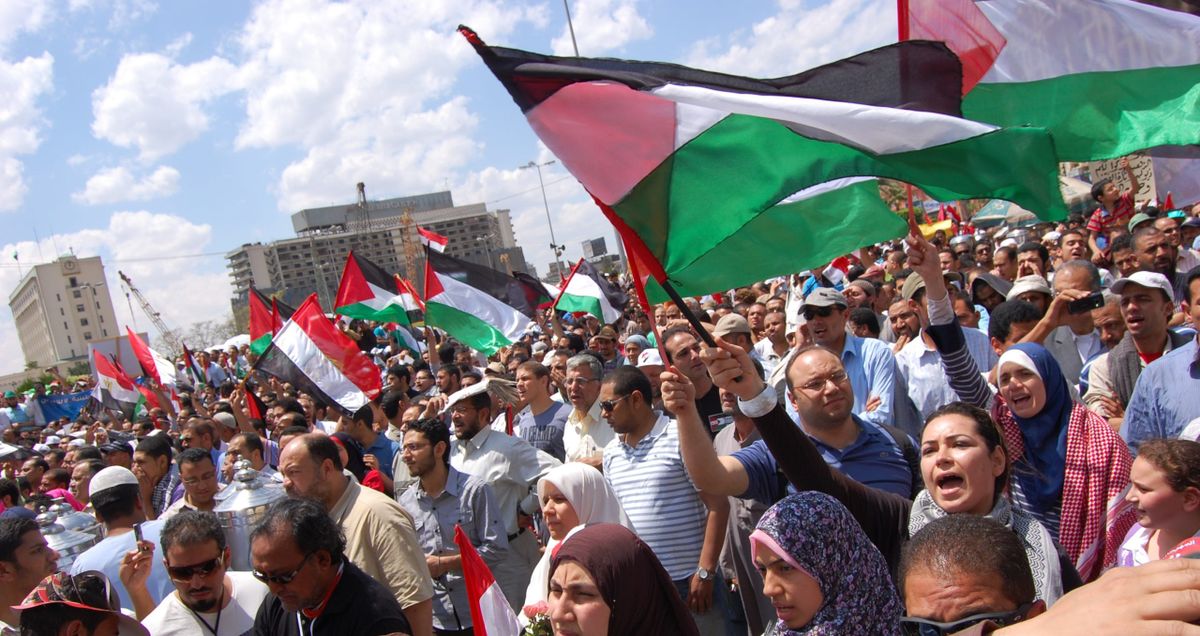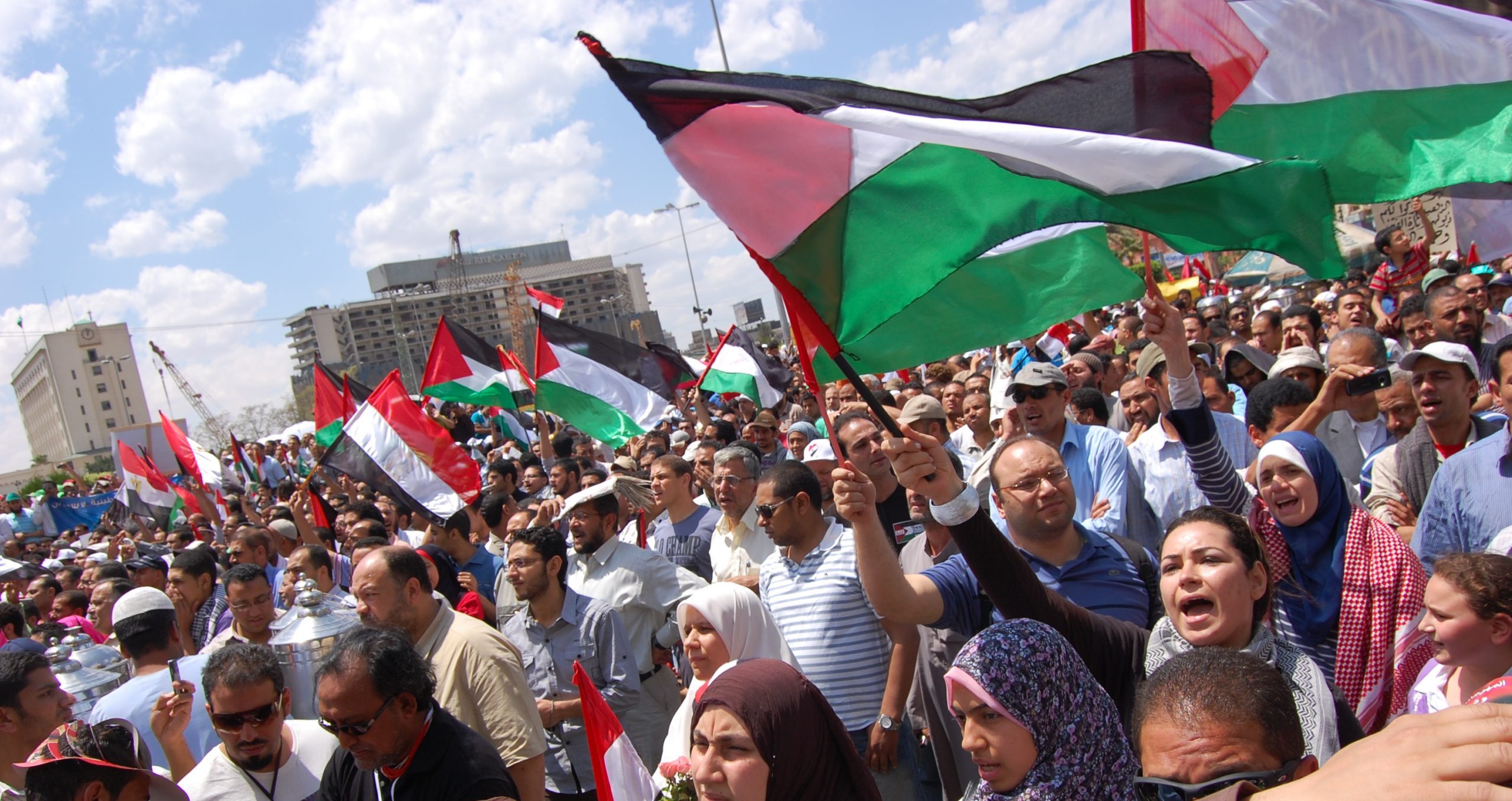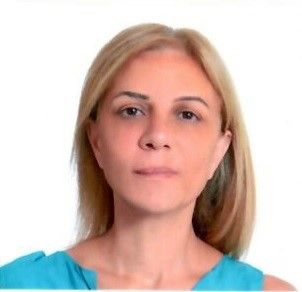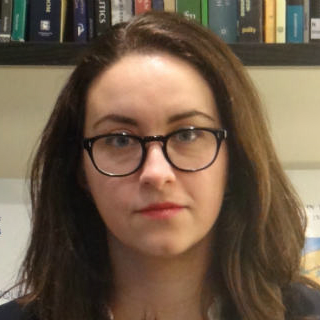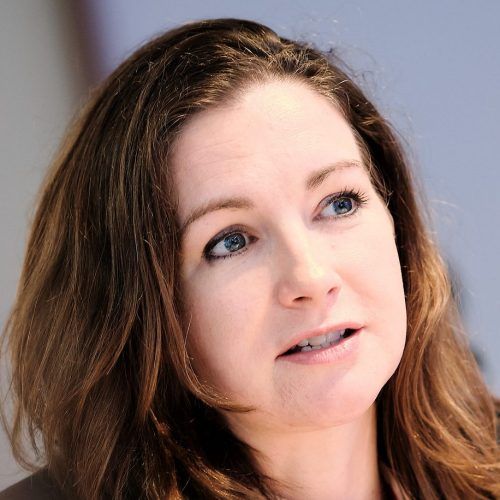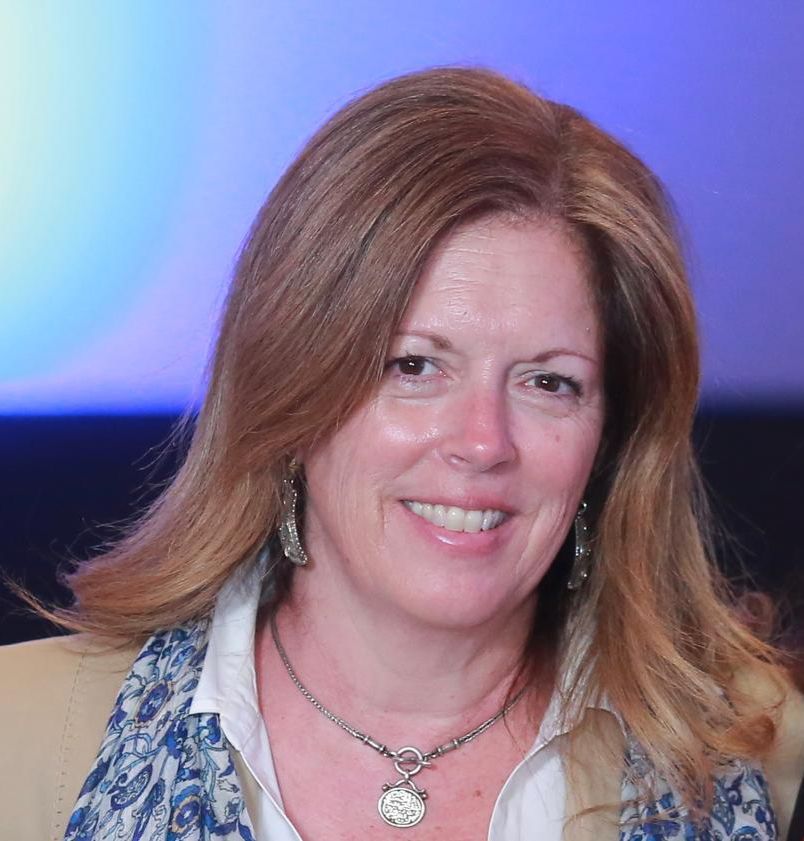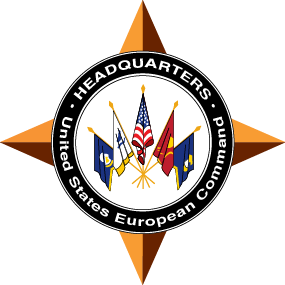Regional thinking can promote climate action through diplomatic talks with the Middle East, an audience heard at the online event, entitled ‘Future diplomacy in the Middle East: the challenges of water, energy and climate’. Europe should encourage cross-border thinking about the existential threats posed by extreme heat and weather patterns in the Middle East.
Climate change and the green transition are “unfortunately not as high a priority as they should be in diplomatic talks,” said Stephanie Williams, former special advisor on Libya to the United Nations Secretary-General. “Everyone is so immersed in today’s crises.”
Her work has showed there is a need for more “positive power sharing,” for instance in Libya, Williams said. “Here the EU can do more. They can tie this with building climate awareness in the communities likely to be worst affected by climate change.”
The Berlin Process, already used promote EU values in the Western Balkans, “could be used as an entry point for more robust conversations here, for instance, on the need for water security,” she said.
Cinzia Bianco, Visiting Fellow at the European Council on Foreign Relations, said that when it comes to cross-border diplomacy for the Middle Eastern climate, energy and water emergencies, “there is some positive movement. We are at last starting to hear conversations on these topics.”
She warned that this was likely to be encouraged by a rising number of “protests and general political instability, from people who don’t have access to water or electricity” because of climate change. Bianco also deplored that “instances of regional cooperation remain scarce”.
Martina Klimes, Advisor for Water and Peace at the Stockholm International Water Institute, agreed: “We will see more pressure, more protests. There will be a lot of frustration and pressure on governments to act.”
“Water diplomacy” is an opportunity to find connections between technical and political challenges in the whole MENA region, Klimes said. “This means working together and discussing shared challenges. There is a lot of will to cooperate. What is difficult is finding the political will to make a sustainable change. We need to look at the situation in 50 years’ time. Imagine these countries with no political borders.”
“We have all just come out of what was a long hot summer for the entire world, particularly the Middle Eastern region, in which seven countries had temperatures above 50 degrees.” said event moderator Mary Fitzgerald, a researcher and analyst specialising in the Mediterranean region with a particular focus on Libya, Trustee of Friends of Europe and 2013 European Young Leader (EYL40).
Against this background, the need for good diplomatic efforts to drive change was clearly developed. In countries where people are suffering from fossil fuel-driven climate change, even as their leaders benefit from fossil fuel sales, Europe has a role to play promoting an inclusive, sustainable response to the challenges of water, energy and climate, in the Middle East as elsewhere.
But Abdel Rahman Sultan, Jordanian Deputy Director and Regional Program Manager of ECOPeace Middle East, warned that “thinking strategically in this region is not common.” Instead, there is “an endless blame game that undermines any effort to move forward.”
He agreed with other speakers that promoting “discussion at a regional level” would be vital to advancing diplomatic climate talks in the Middle East.
“The climate crisis should be a multiplier of opportunity rather than a risk,” Rahman said. We need to cooperate at a regional and super-regional level.” He called for an “inclusive” approach to addressing the climate, water and energy crises, with more involvement of civil society groups.
One audience member called for “more work on the international side on how to include climate change issues in diplomacy in a more serious way, so it is more of an existential issue.” Another participant agreed that “climate change is a global, collective issue, so it should be solved together.”
Badr Abdel-Aty, Egyptian Ambassador to Belgium, said the link between water scarcity and conflict was “a geopolitical issue”.
He added that Egypt had “designated a green zone for civil society to participate” at the 2022 United Nations Climate Change Conference (COP27) in Egypt. “We are quite open to meet with representatives of civil society,” Abdel-Aty said.
